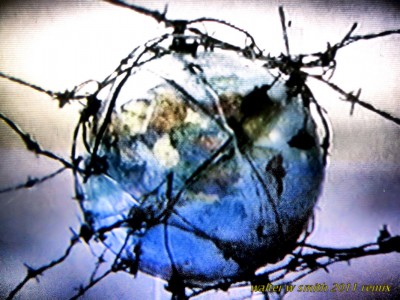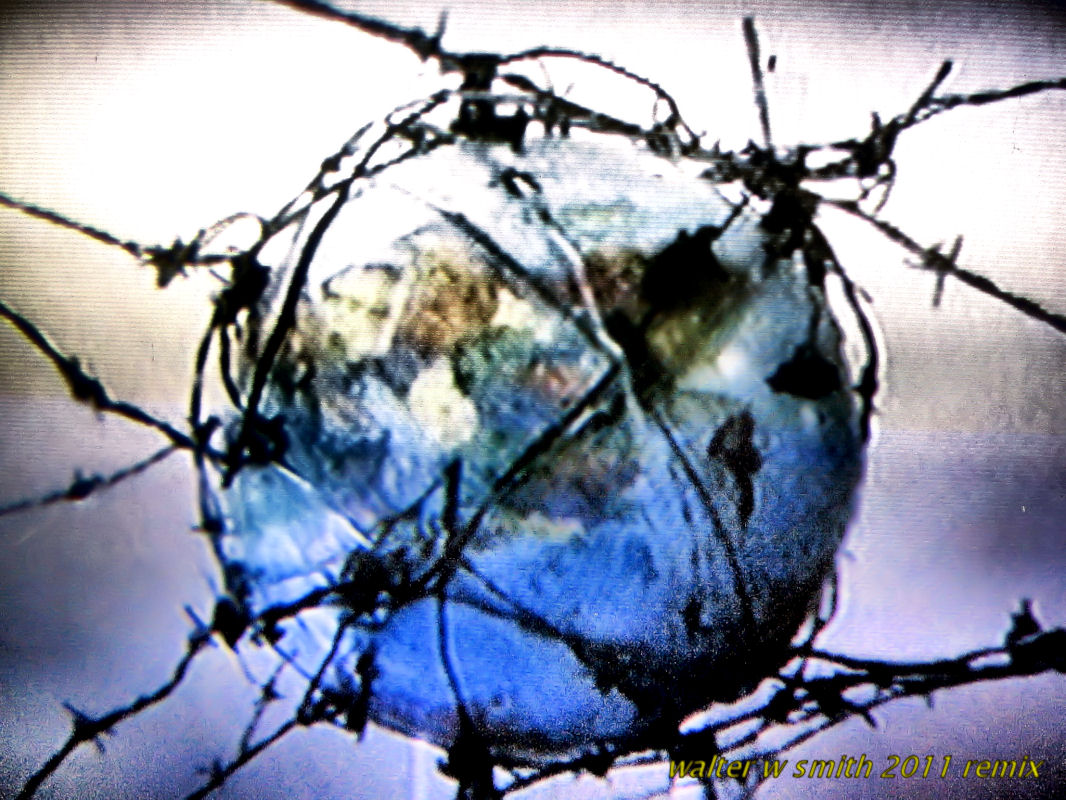
Words are strangely versatile; put them on a page and they glow with intellectual distinction. Put them over music and they transcend themselves to become vehicles of beauty (or they don’t). Put them on a website for Jewish students…and who knows?
Maybe words are subject to a quota system; write too many about Emil Fackenheim and whiteness and suddenly they begin to dry up until they stop entirely (or so I’ve discovered). That connection that links alphabetic units into a rhythmic whole is demagnetized, the words exposed as sequences of letters that don’t hang together except by the most painfully forced grammatical duct-taping. Cohesion fragments and ideas don’t seem to stick like they should.
That’s a problem for me, because I need words. Words do things, words make things real. Words are the material of my daily work; specifically, words about God (theo-logos, theology). To even attempt to put words to God entails a certain risk, because as much as words can magnify and evoke and invoke, they can also malign. They can also objectify. Words are representations, which gesture at a reality without capturing the totality of its meaning. Confusing the gesture with the thing itself is the risk one always takes with speech, a risk all the more pronounced when one attempts to speak about that which cannot be thought as a thing.
Theology is an endeavor that is bound to fail. What, then, is this discourse we call Jewish theology? What is its aim? Why do it? Fackenheim offers the following definition in a 1954 essay: “Jewish theology is an attempt to give a coherent account of Jewish faith.” Sounds pretty good. And yet, already words fail us. Coherence is not a property language about God can realistically aim at, and we declare our theological systems “coherent” at the price of erasing whatever messiness escapes the boundaries we impose. If our language about God inevitably fails, Fackenheim’s early definition of theology asks us to commit idolatry.
No, whatever else theology is, it cannot pretend to be “coherent.” Fackenheim himself would recognize this after 1967, when he turned towards Auschwitz as the event that both orients Jewish thought and ruptures its illusions of coherence. The philosopher Theodor Adorno has said that thought after Auschwitz must be a “thinking against itself,” and how much more so when the subject of our thought is God? If Auschwitz reveals that words are a tenuous enterprise, our language about God must think the possibility of its own demise, not as a pro forma afterthought, but as an a priori assumption that inflects the rest of our speech.
Perhaps there is nothing that can be said about God at all in light of what Cornel West calls the “systemic gangsterization” of everyday life inaugurated in the 20th century. If that is the case, do even our attempts at God-talk, bound to fail as they are, demean the memories of suffering that pervade our histories? Maybe. Recall, though, who many of these victims cried out to as they met their fate. Recall a man from Gaza, who lost his children in Operation Protective Edge and was asked by Al Jazeera what he had to say: “I say there is no God but Allah. What else can I say?” Perhaps the German Catholic theologian Johann Baptist Metz says it best: “We can and should pray after Auschwitz, because even in Auschwitz, in that hell of Auschwitz, they prayed.”
This doesn’t mean, of course, that God-talk can continue on as though nothing has happened. We must say what we can, but, perhaps more importantly, we must say what we can’t. What we can say about God is certainly little in a world shattered by violence, and our theology must reflect that fragmentation. Often, there is nothing one can say, nothing except, “Why?” Not the philosopher’s “why,” but the Psalmist’s irrepressible cri de coeur, which irritates our attempts to systematize and gives the lie to linguistic coherence. As Metz puts it, theology must express “the experience of non-identity in which oh-so-certain discourse about God collapses into helpless discourse with God.”
Fackenheim was not wrong to characterize the human as a “broken vessel,” nor was he wrong to foreground the fragmentation of history that took place in the 20th century. His error lies in presuming a solution exists that can blunt the risk of thought after Auschwitz and that this solution (for Fackenheim, the State of Israel) can be expressed in words. After Auschwitz, theology is only possible if it recognizes its own impossibility. Theology takes place at the limits of language itself, when all speech about God devolves into an urgent “why?” Sometimes we speak it, and sometimes we must simply hear it in silence.
The hope that might reverberate through this silence is, to borrow a phrase from W.E.B. Du Bois, “a hope not hopeless but unhopeful.” Can words, so versatile and yet fleeting, be transformed into vehicles for this hope? Perhaps not. They certainly won’t come easy. But under conditions of compulsory silence, to verbalize at all is a hopeful, if dangerous, act. If this is the case, then theology needs to understand itself not in continuity with Kant or Hegel, but with Mahmoud Darwish:
And scream that you may hear yourself,
and scream that you may know that you’re alive,
and alive, and that life on this earth is
possible. Invent a hope for speech,
invent a direction, a mirage to extend hope.
And sing, for the aesthetic is freedom.
Evan Goldstein is a student at Boston College.

